Everyday objects and materials
I can name different objects and the materials they are made from.
Everyday objects and materials
I can name different objects and the materials they are made from.
These resources will be removed by end of Summer Term 2025.
Switch to our new teaching resources now - designed by teachers and leading subject experts, and tested in classrooms.
These resources were created for remote use during the pandemic and are not designed for classroom teaching.
Lesson details
Key learning points
- An object is a thing that is not alive.
- A material is what an object is made from.
- Some common materials are plastic, wood, metal, glass, water and rock.
- Different objects can be made from different materials.
- Some objects can be made from more than one material.
Keywords
Object - An object is something you can touch but something that is not usually a living thing.
Material - A material is what an object is made from. An object can be made from more than one material.
Plastic - Plastic is a material which is refined from oil and can be moulded when warm.
Wood - Wood is the material that comes from trees.
Metal - Most metals are strong, hard and shiny materials. They are good conductors of heat and electricity.
Common misconception
Pupils may confuse the object with the material/s that it is made from. e.g. only fabrics are materials, building materials are materials, the word ‘rock’ describes an object rather than a material.
Explanation of what an object is with a definition. Opportunities to name objects. Definition of what a material is and how this is applied to objects.
To help you plan your year 1 science lesson on: Everyday objects and materials, download all teaching resources for free and adapt to suit your pupils' needs...
To help you plan your year 1 science lesson on: Everyday objects and materials, download all teaching resources for free and adapt to suit your pupils' needs.
The starter quiz will activate and check your pupils' prior knowledge, with versions available both with and without answers in PDF format.
We use learning cycles to break down learning into key concepts or ideas linked to the learning outcome. Each learning cycle features explanations with checks for understanding and practice tasks with feedback. All of this is found in our slide decks, ready for you to download and edit. The practice tasks are also available as printable worksheets and some lessons have additional materials with extra material you might need for teaching the lesson.
The assessment exit quiz will test your pupils' understanding of the key learning points.
Our video is a tool for planning, showing how other teachers might teach the lesson, offering helpful tips, modelled explanations and inspiration for your own delivery in the classroom. Plus, you can set it as homework or revision for pupils and keep their learning on track by sharing an online pupil version of this lesson.
Explore more key stage 1 science lessons from the Everyday materials unit, dive into the full secondary science curriculum, or learn more about lesson planning.

Equipment
A variety of objects of different colours, sizes and materials, pencils.
Content guidance
- Exploration of objects
Supervision
Adult supervision recommended
Licence
Starter quiz
6 Questions
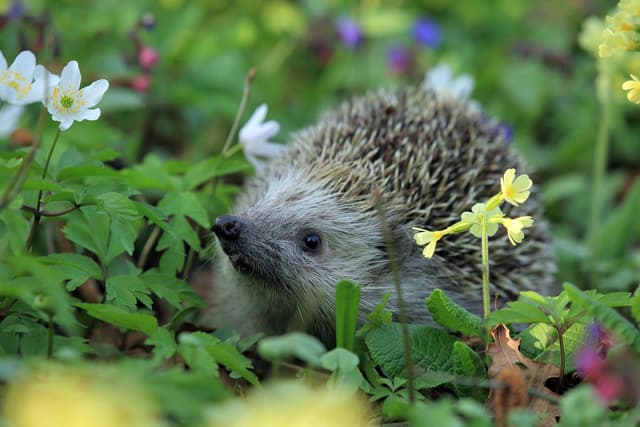

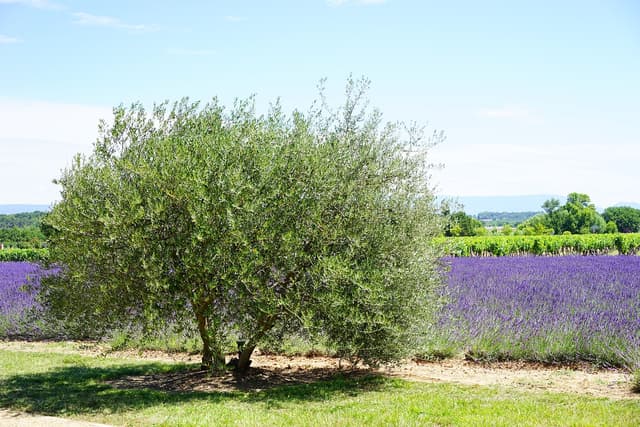





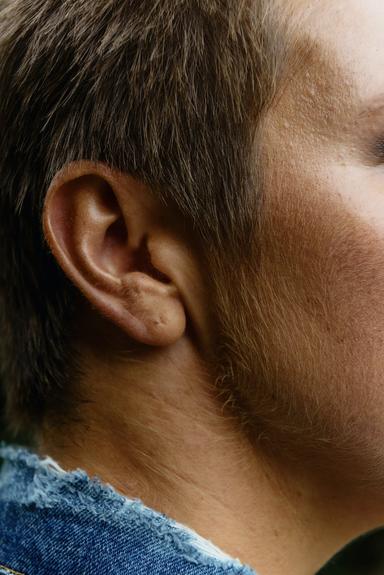


winter
summer
autumn
spring
Exit quiz
6 Questions
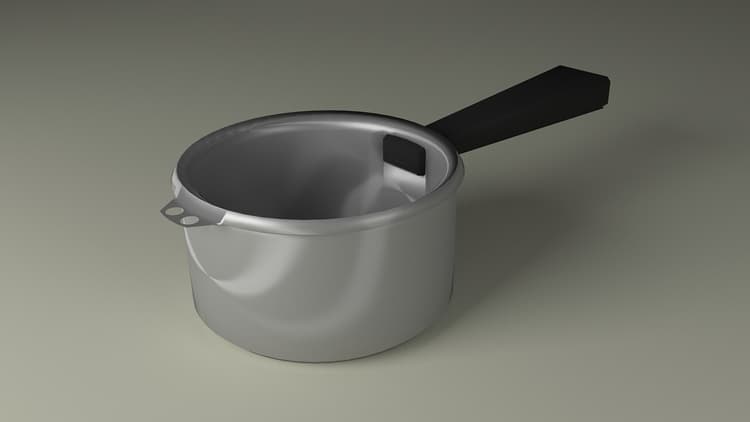
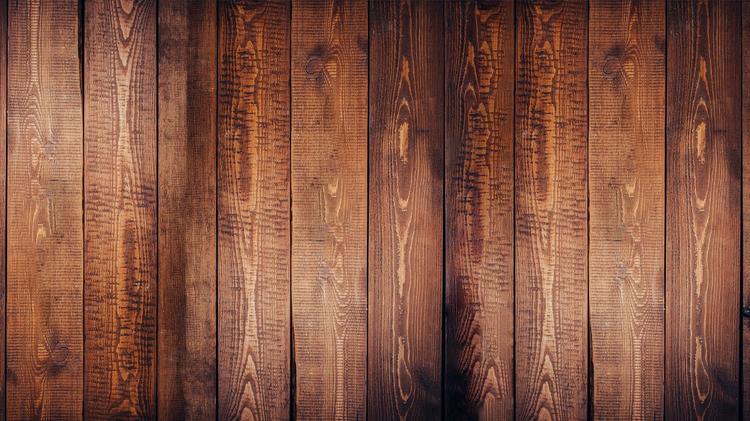


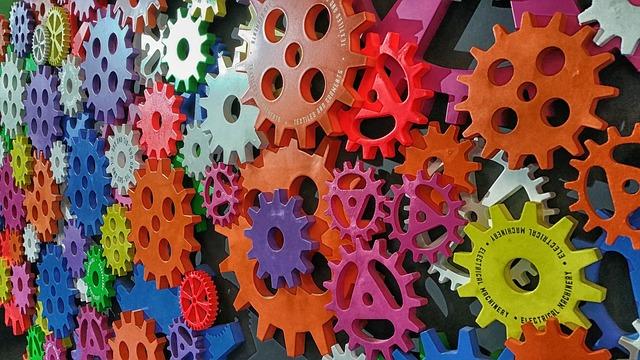
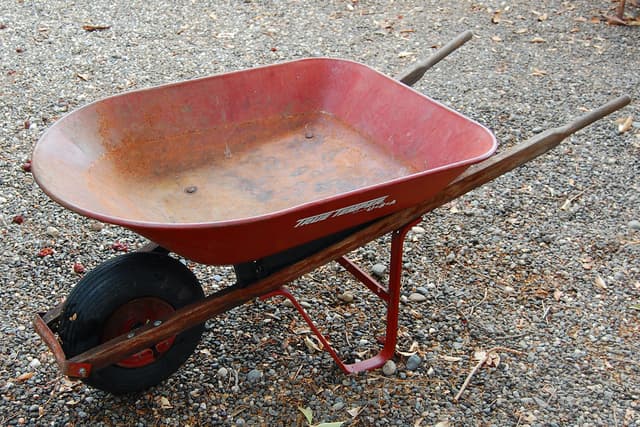
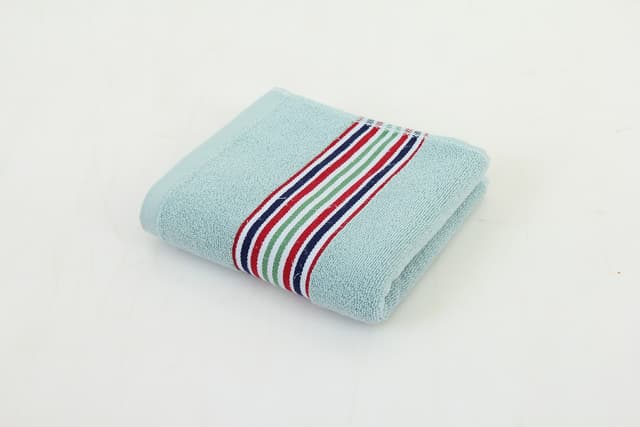



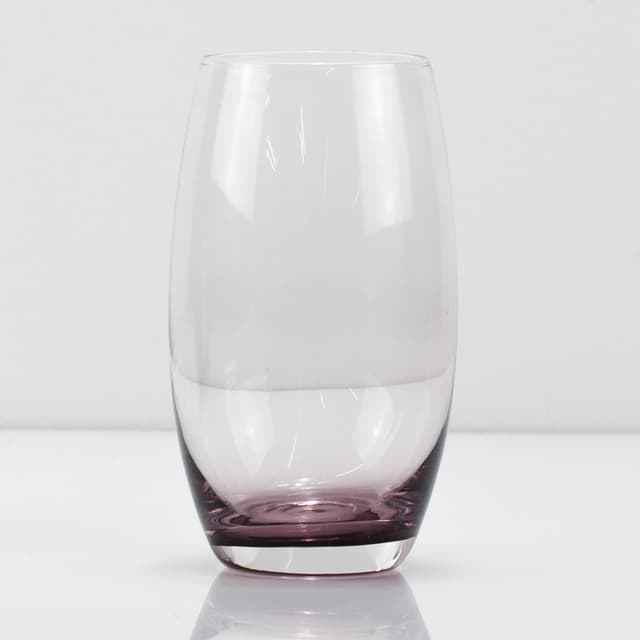
plastic
metal
wood
fabric
glass


